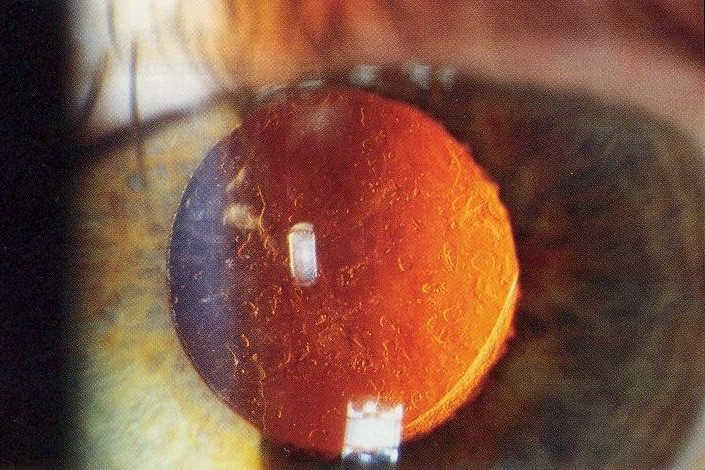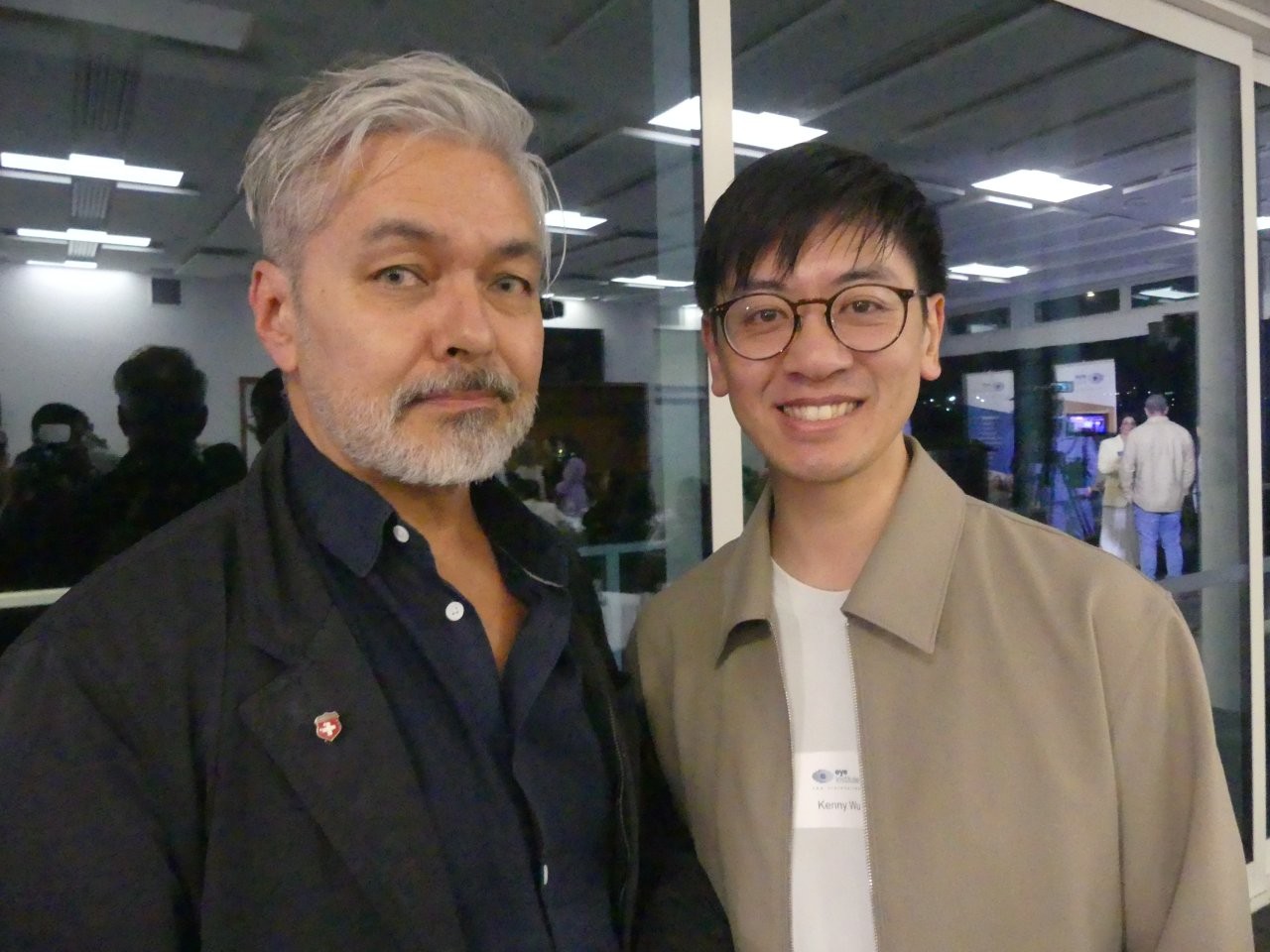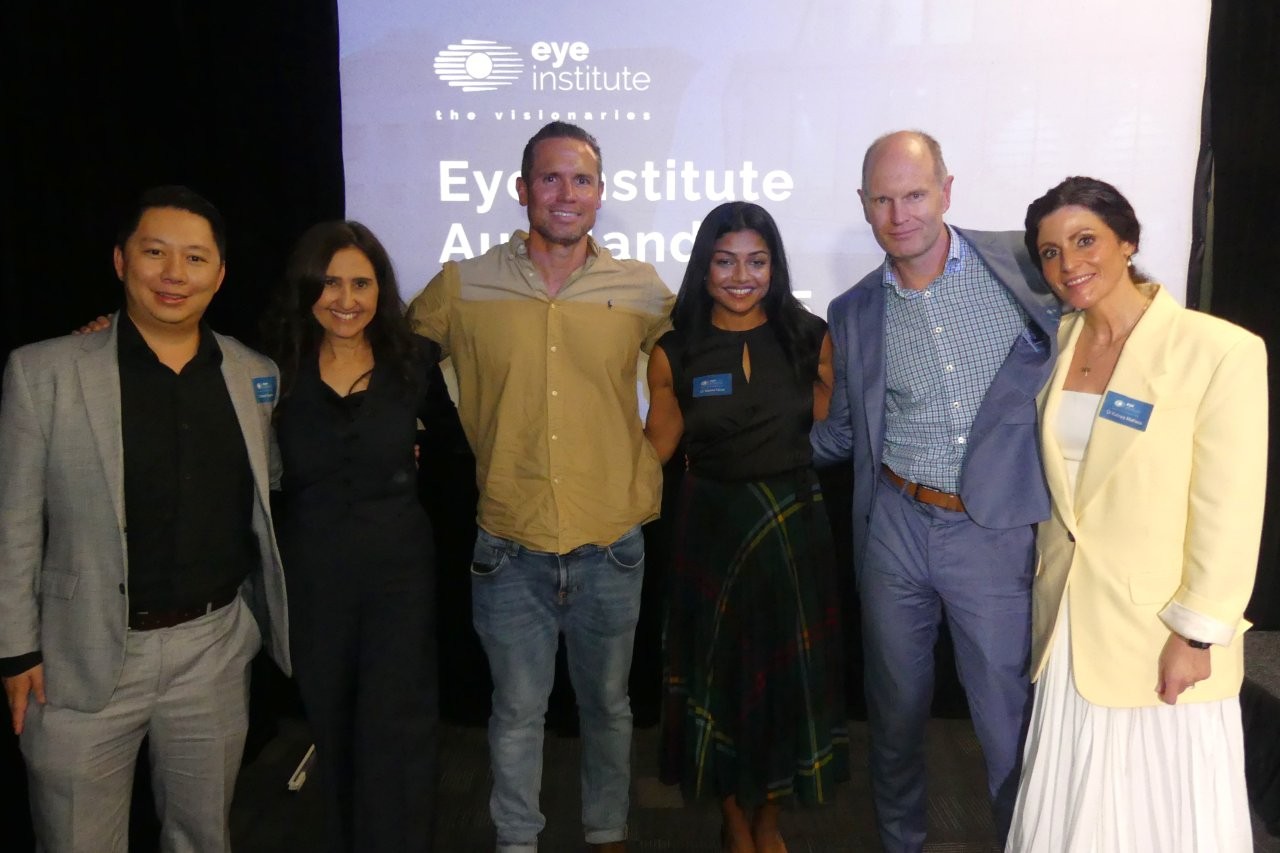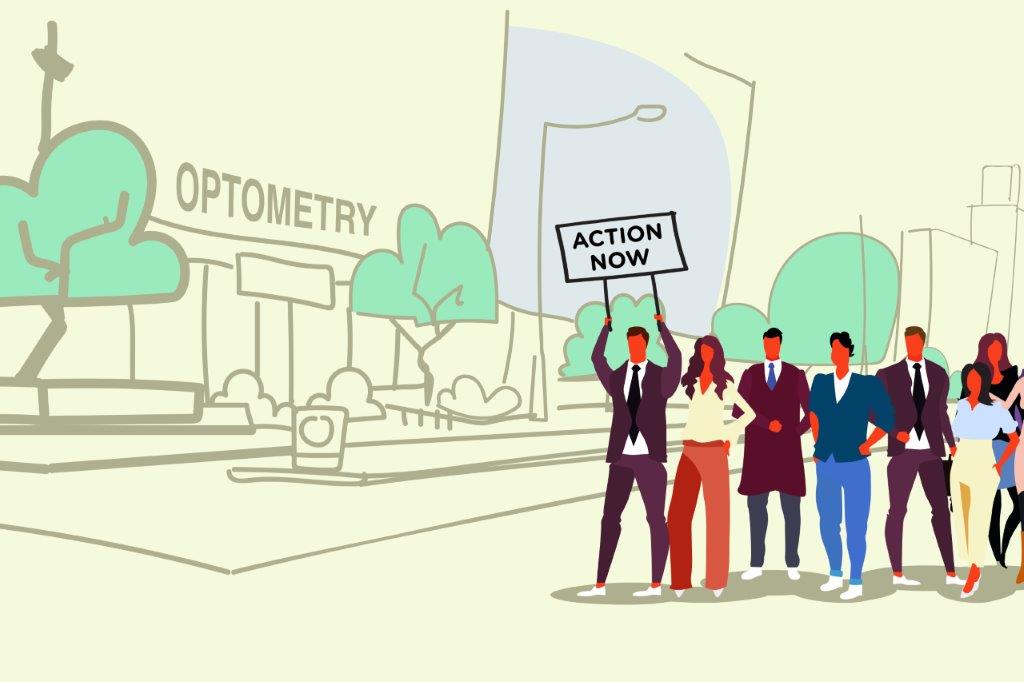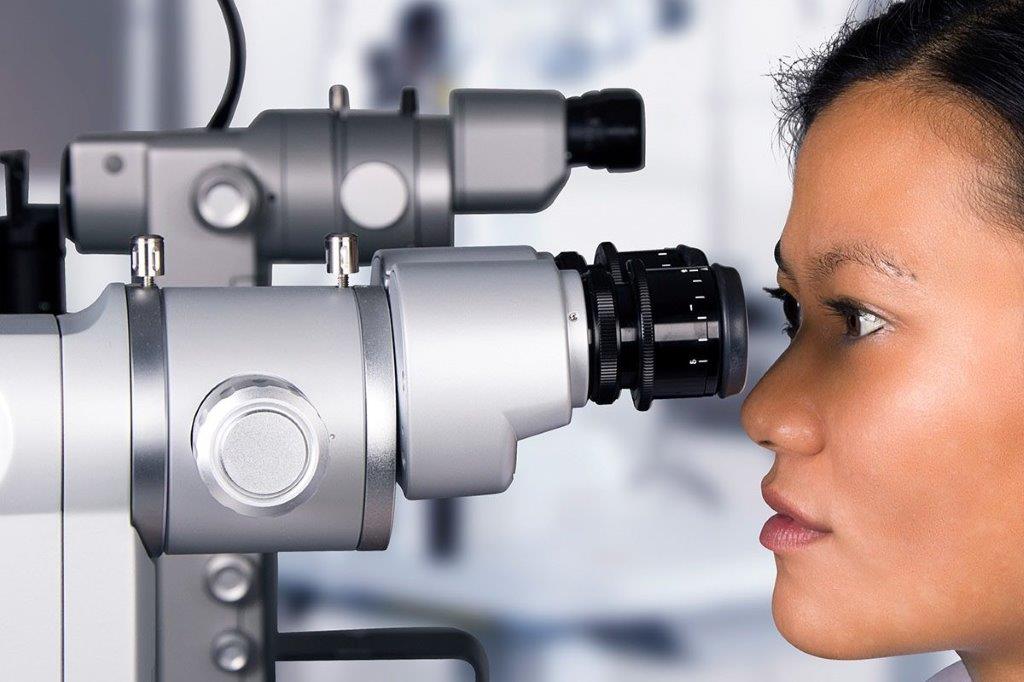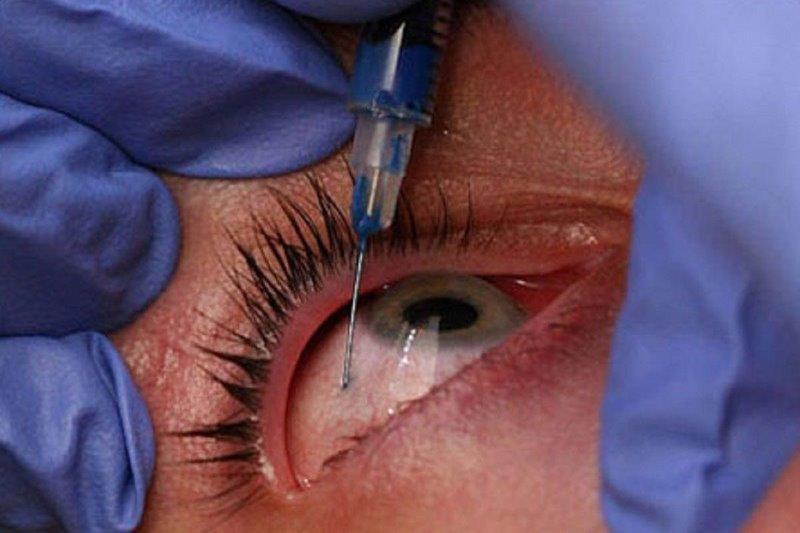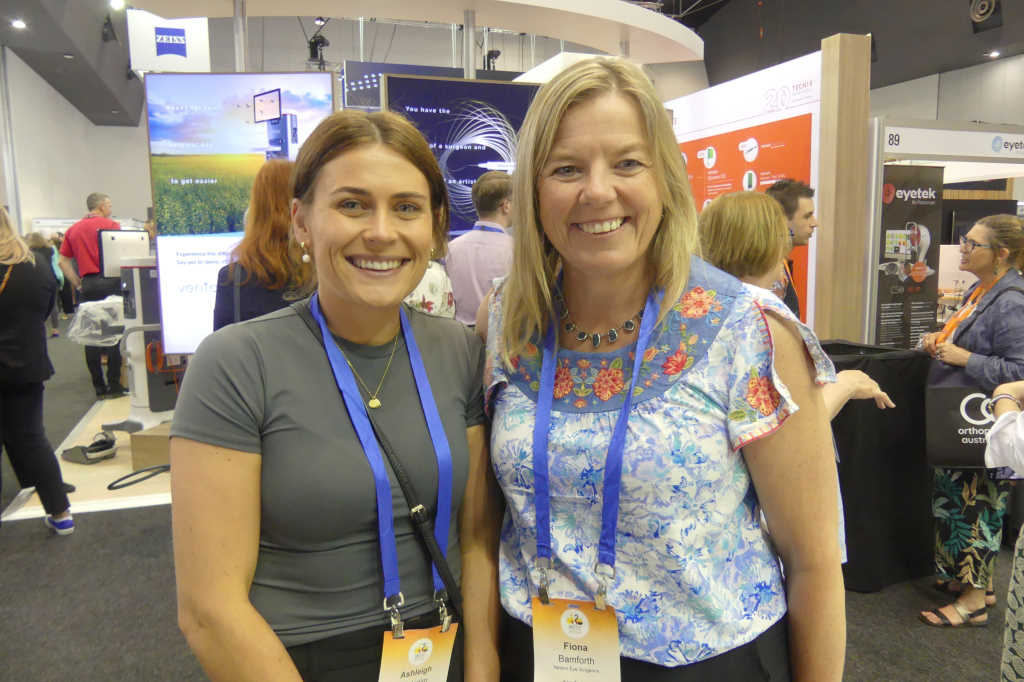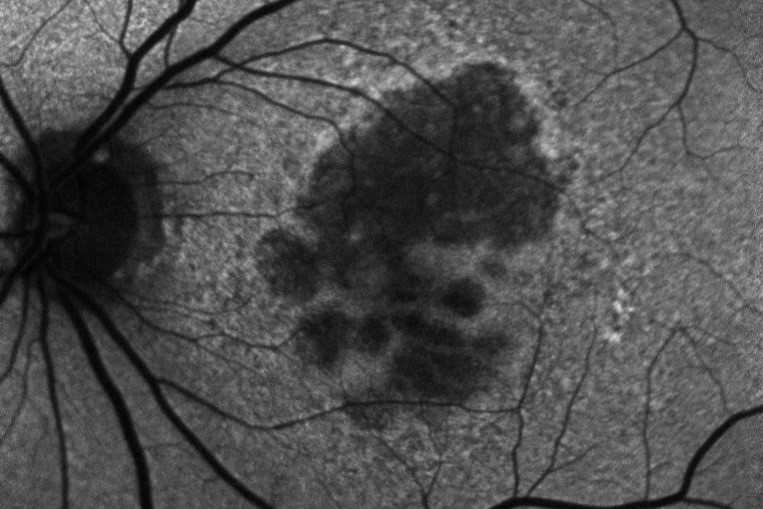Support for optom-performed YAG
A US study of optometrist-performed Nd:YAG laser capsulotomies on 92 eyes of 79 subjects has shown the procedure to be safe and effective.
Led by Associate Professor Nate Lighthizer, Northeastern State University Oklahoma College of Optometry, study researchers said 99% and 95% of the study’s 78 patients had subjective and objective vision improvements, respectively, following capsulotomy. Following one-week, one-month and three-month follow-ups, no significant adverse events were noted in any subject. Optometry is well qualified to provide YAG laser capsulotomy, said A/Prof Lighthizer. “It’s a procedure that can be done in-office in a matter of minutes and so optometry really is improving patient access to this kind of care.”
Ten US states currently allow optometrists to perform YAG laser capsulotomy. A 2023 American Optometric Association survey found in those states, the majority of laser-trained optometrists can schedule and perform a YAG capsulotomy within a week or less, while just 9% could be seen by their ophthalmologists within the same time frame. Referring to the results of the recent study, co-author Dr David Cockrell, chair of the Health Care Alliance for Patient Safety, said it directly refutes a tired narrative recycled by opponents to optometry’s scope battles. “The bottom line here is that this multisite study shows efficacy of the procedure as done by optometrists and we’re hoping this will encourage and increase utilisation for the benefit of our patients.”
In New Zealand, in a move welcomed last year, experienced public hospital-based optometrists can now be trained to perform YAG laser capsulotomy to support their ophthalmology colleagues despite opposition by the Royal Australian and New Zealand College of Ophthalmologists. In the UK it is now routine for public hospital-based optometrists and ophthalmic nurses to provide YAG and intravitreal injections.









